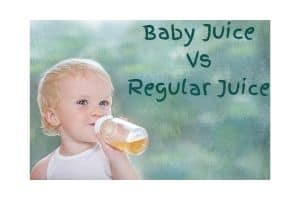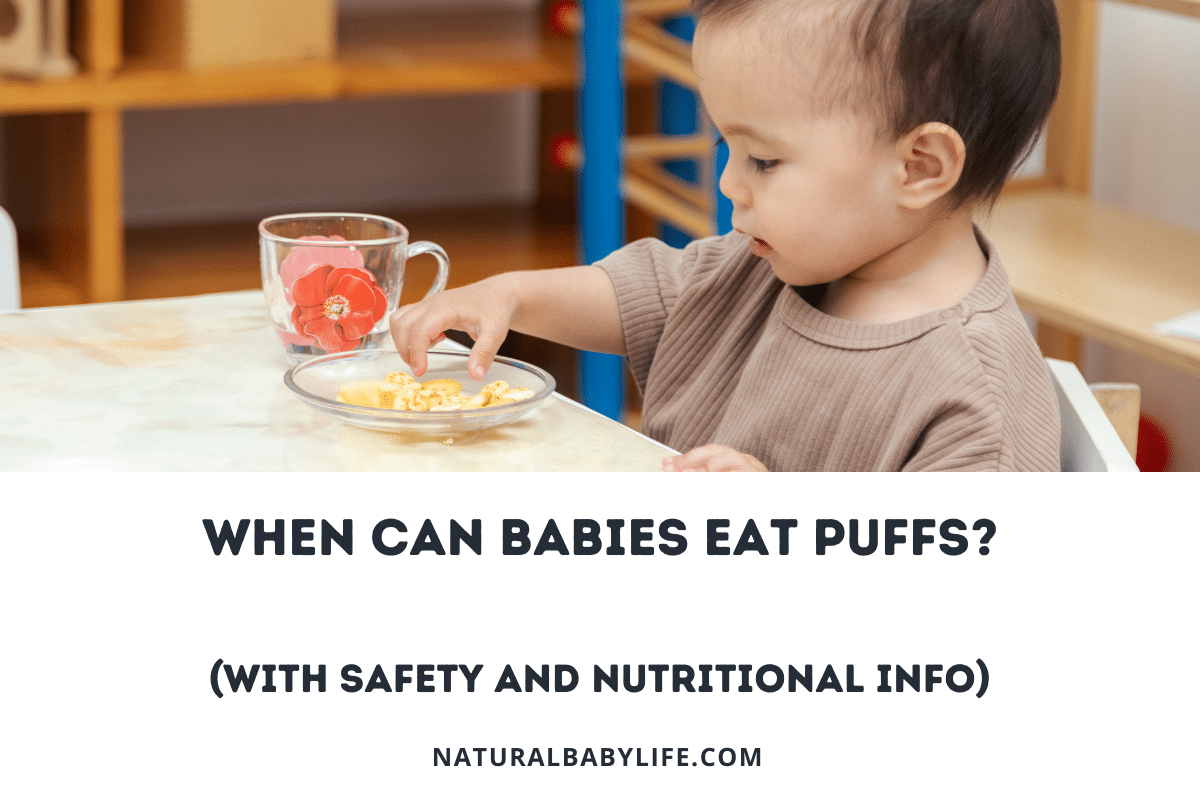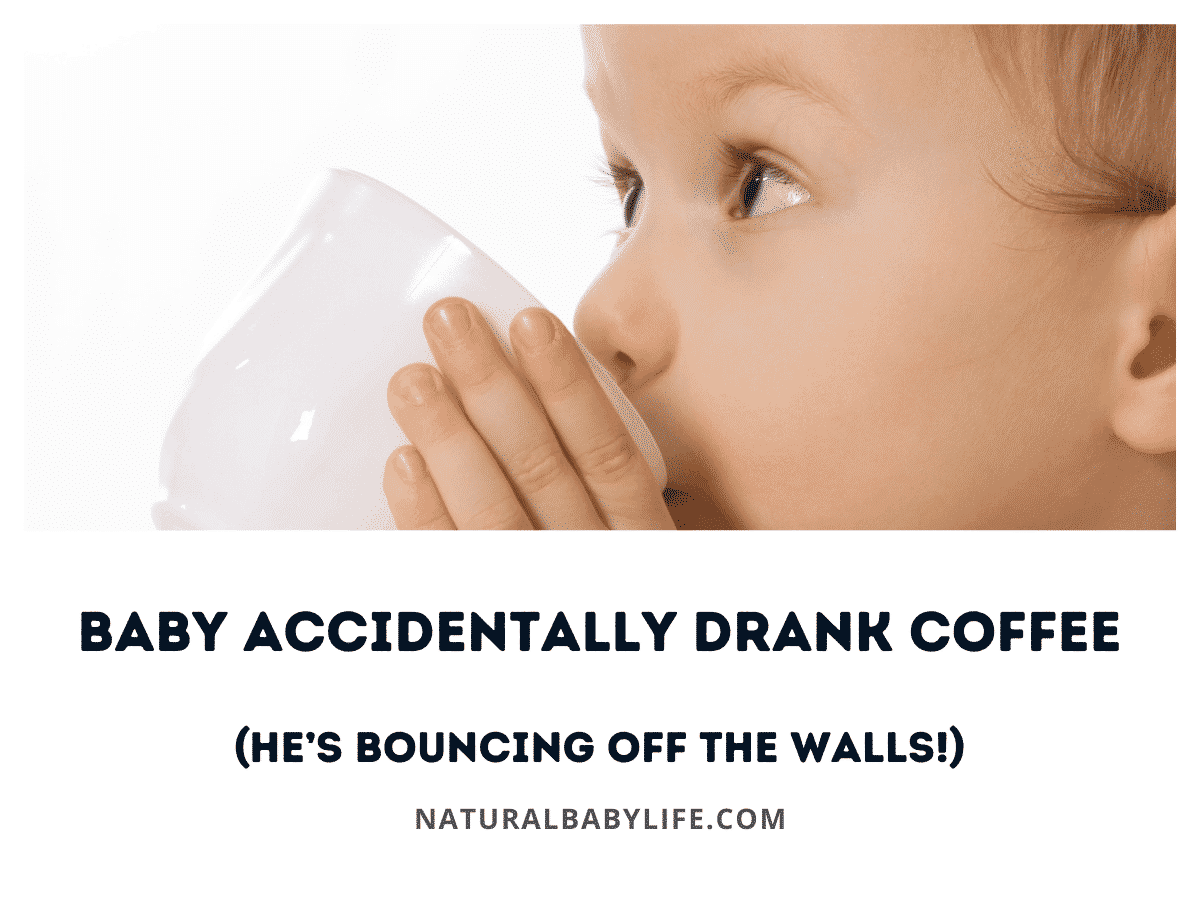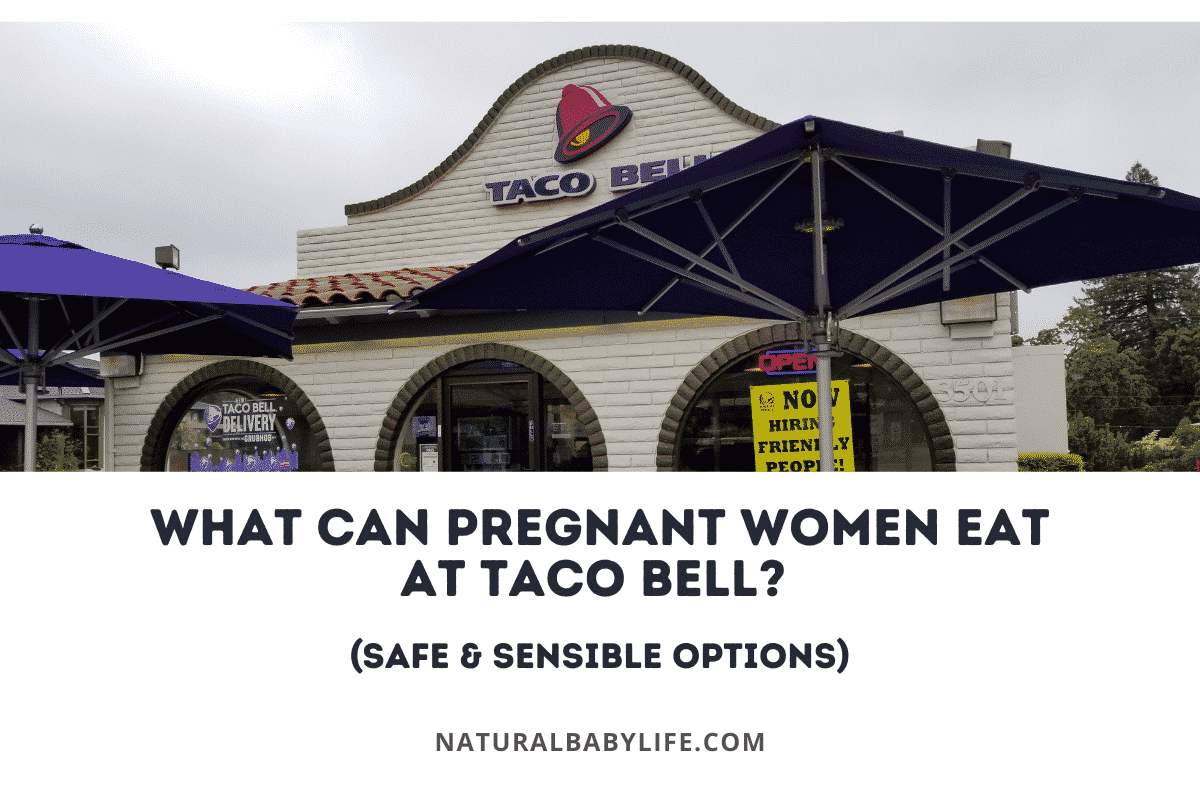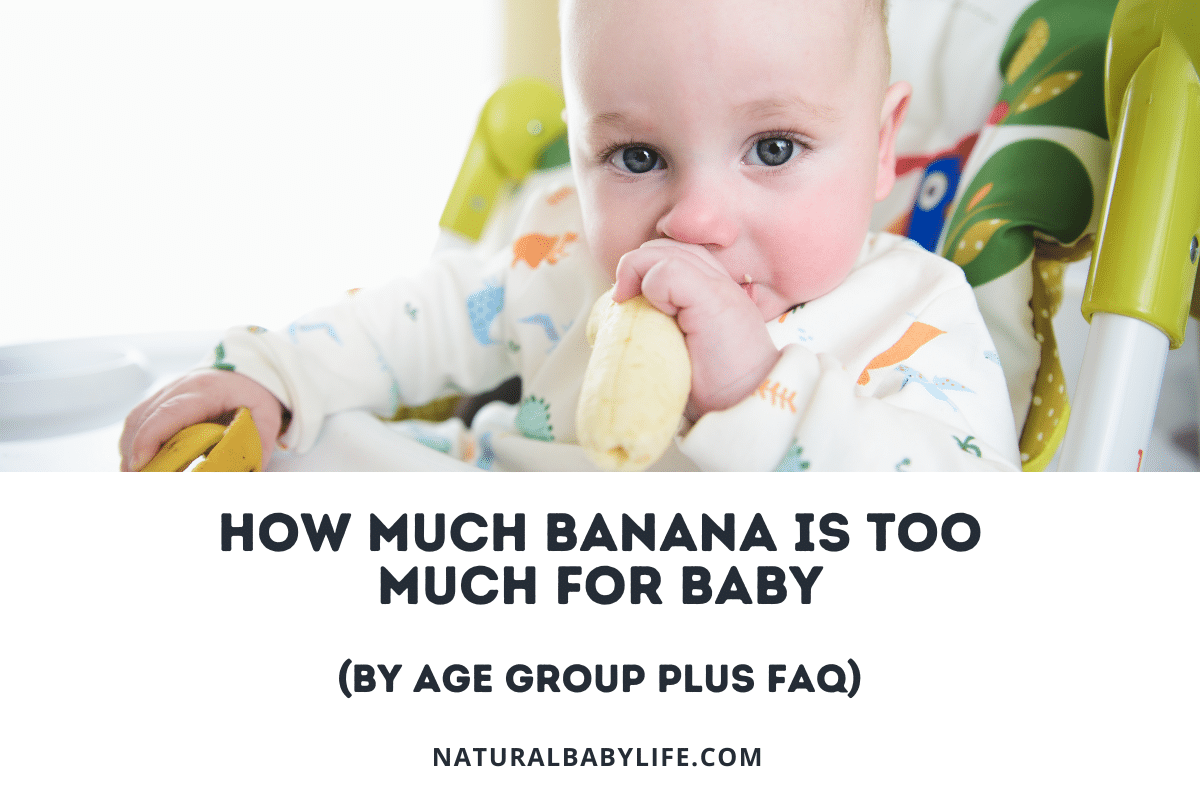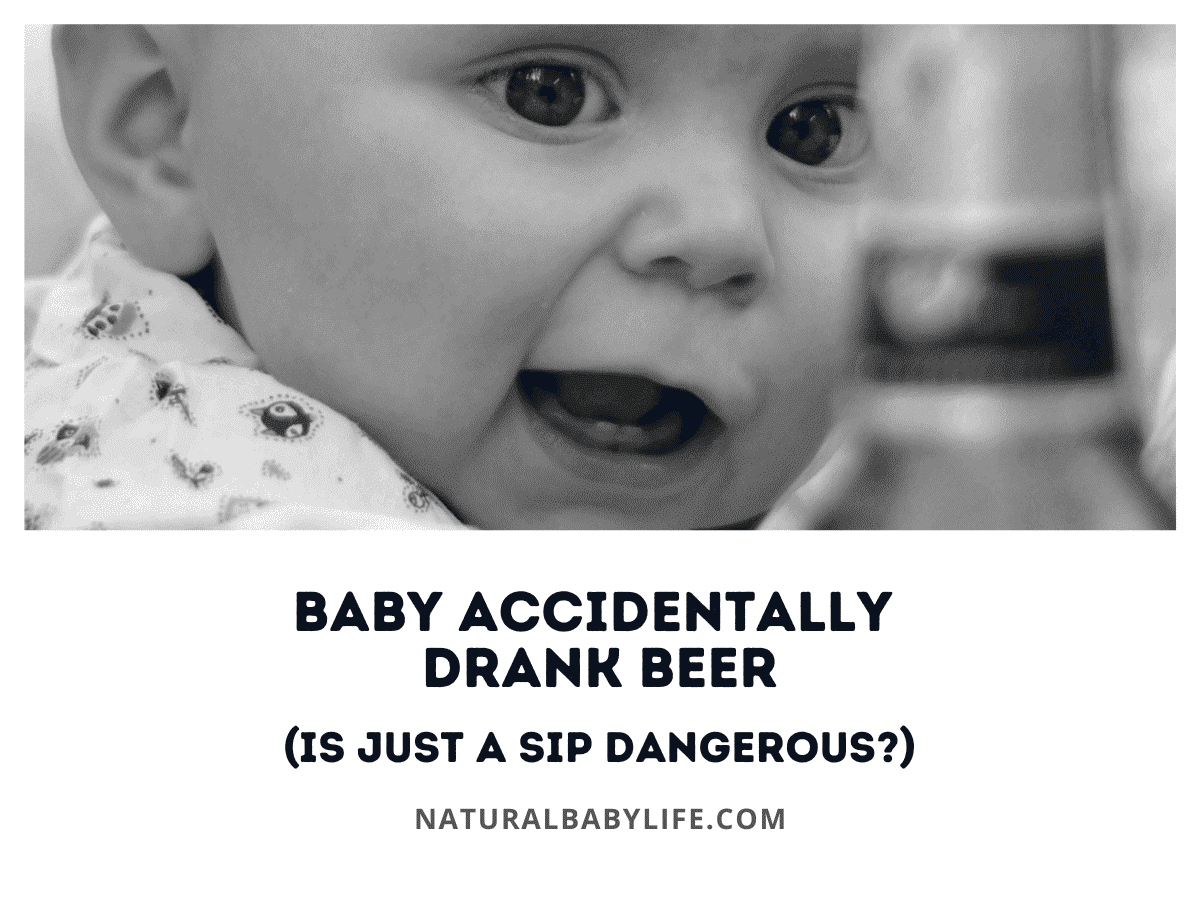There are many products out there that claim to be better for babies than the regular version. One of the craziest ones out there is juice so I decided to compare baby juice vs regular juice to see whether or not it’s worth buying this specialty product.
Baby juice is essentially just regular juice that has been heavily diluted with water to make it milder for young babies. Parents can make baby juice at home by purchasing regular juice that is organic and has no added sugar and mixing it with nine parts of pure water.
While baby juice might not be necessary, juice itself is an important topic to discuss when it comes to a baby’s diet and health. Let’s explore more differences between baby juice and regular juice, find out when babies can drink juice in the first place, and look at the recommended amounts of juice that a baby can have by age group.
Table of Contents
The difference between baby juice and regular juice
Going through the store you may find that some brands, like Gerber, have started marketing specific fruit juices for babies.
Although the juices appear to look identical to regular fruit juices you would find in the grocery section, these items are often labeled as pure fruit juice specially created for babies. Baby juice, like regular fruit juice, is 100% fruit and does not contain added sugar and both types of juice are pasteurized making them safe for consumption by babies and toddlers.
However, baby juice is different than regular fruit juice in one, specific manner; baby juice is heavily diluted with water (usually one part juice to ten parts water) for better digestion in babies. In essence, you are paying the same price for a container of water with small amounts of fruit juice mixed in that you would be paying for 100% fruit juice that isn’t marketed for babies.
Ultimately, as a smart consumer your money would go further by buying regular, 100% fruit juice (this is important- make sure it is only pure fruit and no additives, especially sugar) and diluting the juice yourself.
Making your own ‘baby juice’
For parents who are weary of purchasing juice for their children, especially babies or toddlers, there may be an inclination to produce your own fruit juice.
While juicers and similar kitchen items are available for purchase in order to create homemade juices, doctors and other professionals who educate on baby feeding do not advocate for this option. This is in part due to the lack of pasteurization in homemade juices which can cause juices to contain botulinum toxins. These toxins are the bacteria that cause botulism and babies (especially those six months and younger) are at a much higher risk for botulism than adults.
If you desire to give your baby juice, you can purchase organic (preferable if available), 100% fruit juices to create “homemade” baby juice for your infant. Simply dilute the juice with water to make it safer for consumption by your baby. As noted previously, the most common dilution is one part juice to ten parts water.
However, it is best to consult your pediatrician before giving your baby juice so that you can ensure you dilute the juice properly for your baby’s age and individualized health.
When can babies have juice?
While some parents may debate the varying ways in which babies and toddlers can and should be fed, most doctors and nutrition experts have come to an agreed-upon consensus when it comes to the decision about if and when to begin giving juice to your baby. Similarly, they have answered many of the questions you may have about introducing your baby to juice, including the:
- Differences in types of juice,
- Age when juice is appropriate
- Potential health benefits and risks of juice
- The manners in which to provide juice to your baby.
After doing the research, you, as parents can then choose (and trust your parental instincts), as you do with feeding methods, what is the best decision for your baby.
The American Academy of Pediatrics (AAP) has a staunch stance when it comes to their recommendations for giving juice to babies. In the past, they used to recommend that babies could start consuming juice at six months old. However, in recent years the AAP has changed their stance due to developing health trends. It is now recommended that babies have no juice products until they are at least 12 months old. Once 12 months old, children should not consume more than four ounces of juices per day.
These recommendations are the result of increased awareness of the potentially harmful side effects of consuming fruit juice and excessive sugar. Here are the three main issues:
- Infants and young children can experience tooth decay and other dental problems due to the sugar content in fruit juices.
- Pediatricians and nutrition experts have become more aware that fruit juice is, in essence, empty calories for children. These calories and the fullness from them, then detract from the hunger a baby would feel for breast milk or formula, both of which actually provide necessary nutrients to babies.
- Whole fruits are more nutritious for babies and children. When fruits are turned into juice they lose much of the fiber and other essential nutrients that are contained in whole and cooked fruits. If babies are to consume fruits, it should be in a cooked puree or another unprocessed, natural state.
Of course, as with anything, there can be an exception to this recommendation. If your baby is struggling with constipation, diluted fruit juice can be recommended in order to help relieve her. Consult with your child’s doctor if this is the case, as they may recommend other remedies prior to giving your baby juice depending on their individualized health.
Of note- once you begin exposing your baby to fruit juice, always give it to your baby or child in a drinking glass. Bottles and sippy cups are discouraged as avenues for providing juice to children as they promote higher rates of dental decay and other related dental problems.
When can babies have diluted juice?
Diluted juice can be started at six months of age in babies. However, pediatricians discourage any juice consumption in the first year, even if the juice is diluted.
Diluted juice is mostly water, which should be given to young babies in limited quantities. While hydration is important, water, like juice, will fill your baby’s tummy without providing them any of the needed nutrients that they require and receive from breast milk or formula. If your baby is filling up on non-nutritious substances then they will be less likely to consume beneficial liquids and can face health complications that outweigh the benefits of water or juice consumption for babies.
What kind of juice is best for babies?
The best juices for babies and their overall health are those that are organic and contain 100% fruit juice. These juices have no added sugars or chemicals which protect your little one’s health and organic production will lower exposure to toxins and chemicals that you do not want your baby to ingest.
Juices should also be 100% pasteurized, again to prevent exposure botulinum toxins. Similarly, make sure the juice you give to your baby is of single fruit and not a combination of fruits in the beginning. Just as when you are first feeding baby solids, you want to expose your baby to single foods at a time in order to assess for allergies and reactions to these new foods. If a combination of fruit juice is given to your baby then understanding which fruit caused the reaction will be more difficult and can lead to misunderstandings regarding the baby’s health.
Overall, if you ensure that your baby has more exposure to whole fruits rather than fruit juices, limited exposure to fruit juice will not harm your baby’s health and can be a way to expand their developing palette.
The best juice to start babies on
When looking to start your baby on juice, it is recommended that juices with mild flavors be provided first.
The most common juices are pear or apple juice as these juices do not have strong flavors and are often pleasing to a baby’s developing sense of taste. It is also recommended that babies should never be given highly acidic citrus juices like orange juice until 12 months, as these juices can cause sores in their mouths. Similarly, these juices will make dirty diapers more acidic as well which can lead to diaper rash and irritated skin and may cause parents to confuse this acid-induced irritation with food allergies.
Can juice help with a baby’s constipation?
When a baby is struggling with constipation there are several recommended juices that can help relieve the symptoms of constipation.
The first recommended juice is the classic prune juice. Prune juice is a natural laxative and will work well, with minimal risks or side effects, for your baby. Juices that have similar effects but are recommended second to prune juice are pear, plum and apple juice (with pear juice being the most often used and recommended). These juices should not be given to children less than four weeks old and should be used in very limited quantities. The recommendation is less than 1 ounce of juice mixed in with either breast milk or formula and given to your baby during one of their normal feedings.
Again, juice is not recommended for infants and babies under 12 months and should be given to your baby as a last resort if other natural remedies for constipation have proven to be ineffective.
How much juice can babies have by age group
| Baby or Toddler Age | Recommended preparation and watch outs | Maximum servings of juice per day |
|---|---|---|
| 6 months or younger | Not recommended | Not recommended |
| 6 to 8 months old | Not recommended | Not recommended |
| 8 to 12 months old | Not recommended | Not recommended |
| 12 to 24 months old | 1/2 cup 100% fruit juice with no sugar added. | 1 serving (1/2 cup). Avoid serving juice throughout the day or at bedtime. |
| 1 to 3 years old | 1/2 cup 100% fruit juice with no sugar added. | 1 serving (1/2 cup). Avoid serving juice throughout the day or at bedtime. |
| 4 to 6 years old | 1/2 cup 100% fruit juice with no sugar added. | 1 to 1.5 servings (1/2 to 3/4 cup). Avoid serving juice throughout the day or at bedtime. |
Last Thoughts
Understanding the recommendations for serving juice to babies while also having awareness of the risks should allow parents to make the decision that feels best for them and their baby.
Like all food and drinks, used in balanced and recommended quantities, the juice shouldn’t harm your baby and can provide them with an enjoyable taste experience. Similarly, juice can be beneficial in alleviating the side effects of health conditions such as constipation which is something all parents can appreciate.
Choosing natural options that are the least processed and altered from the original state will also continue to benefit your baby as they are exposed to new flavors via juice. As with any choice you make for your baby, consult your pediatrician regarding your baby’s individual health and trust your parental instincts and your baby will continue to be healthy and happy.

